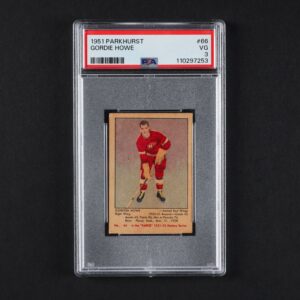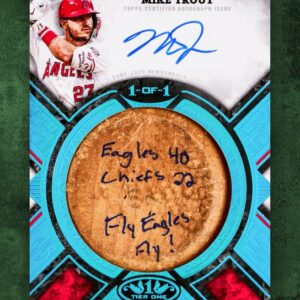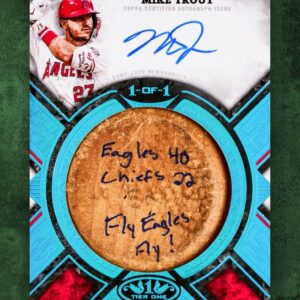Meet Anthony Curcio and Iosif Bondarchuk from Washington state, both recently making headlines for all the wrong reasons. These two were not setting records on the basketball court or catching rare Pokémon in their spare time; no, they were busy orchestrating a devious scheme that involved graded sports and Pokémon cards, resulting in a whopping $2 million fraud. It seems their game plan was more about deception than fair play.
The U.S. Attorney’s Office for the Southern District of New York dropped the bombshell that Curcio and Bondarchuk, in the age-old tradition of scam artists, got involved in wire fraud and conspiracy to commit wire fraud that went beyond just bending the rules; it shattered them. Their hustle was centered around passing off lower-grade cards as pristine PSA 10 specimens, duping unsuspecting buyers into shelling out big bucks for what turned out to be glorified fakes.
One of the crown jewels in their illicit collection was a 1986 Fleer Michael Jordan rookie card, a holy grail for collectors, which they falsely pumped up as gem mint and managed to sell for a jaw-dropping $171,000 through an online marketplace in the heart of Manhattan. But their moment of triumph was short-lived as the selling platform, MySlabs, smelled something fishy, prompting them to blow the whistle and alert PSA and the authorities to the chicanery afoot. The ruse didn’t stop there, as they also peddled misrepresented cards like a 2009 Topps rookie card of Stephen Curry and a 1980 Topps card featuring basketball icons Larry Bird, Magic Johnson, and Julius Erving.
As if sports cards weren’t enough, they decided to dabble in the realm of Pokémon cards, pushing the boundaries of their deceit even further. They managed to pull the wool over an undercover law enforcement officer’s eyes in Manhattan, offloading a 1999 first-edition Venusaur card for a cool $10,500, passing it off as a flawless PSA 10 piece. That’s some next-level grift right there.
Their operation wasn’t confined to dark alleys and secretive handoffs. Oh no, Curcio and Bondarchuk were bold – selling their ill-gotten gains at card shops, shows, and even online auctions. And when faced with disgruntled buyers questioning the authenticity of their purchases, Bondarchuk allegedly didn’t shy away from adding insult to injury by feeding them false contact information, pointing the finger at innocent bystanders who had nothing to do with the scam.
Now, the game is up for these two as they find themselves in the hot seat, facing the prospect of up to 20 years behind bars if convicted. The FBI and PSA’s Brand Protection division joined forces to crack the case, shining a light on the relentless efforts to safeguard collectors and maintain the integrity of the cutthroat trading card market.
This cautionary tale serves as a stark reminder that in the high-stakes world of collectibles, where fortunes can be made and lost with the flip of a card, vigilance is key. Let this be a warning to all those tempted to walk down the path of deception – the long arm of the law may just reach out and deal you a hand you weren’t expecting.






